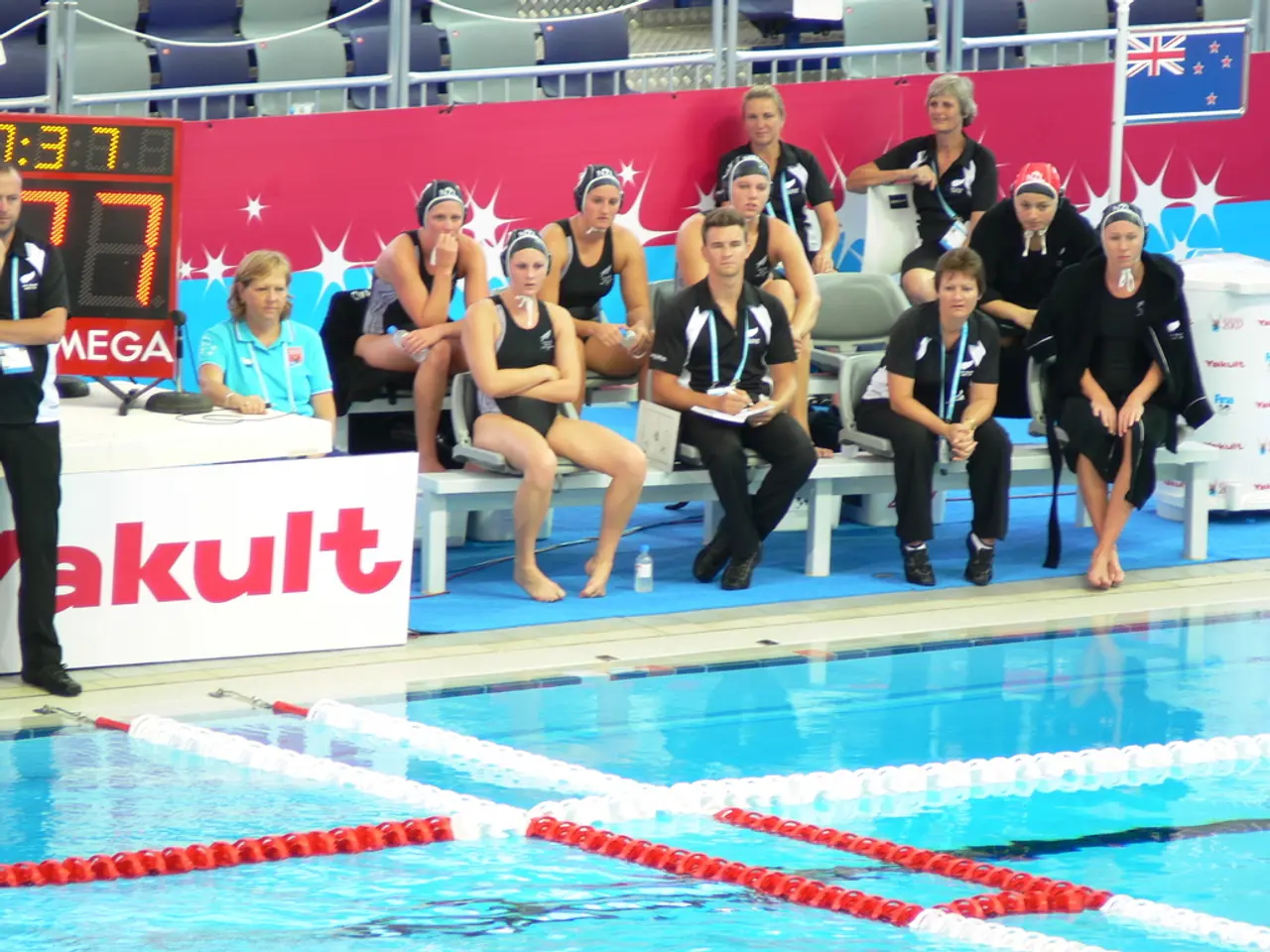India disregards criticisms from the US and EU regarding its imports of Russian oil
In a move that has sparked controversy and raised eyebrows, India has continued to import significant amounts of oil from Russia, defying criticism from the US and EU. This decision, rooted in India's assertion of energy security priorities and strategic autonomy, has created friction in its international relations but reflects a nuanced balancing approach rather than outright confrontation.
The backdrop to this decision is the withdrawal of the US from the Intermediate-Range Nuclear Forces (INF) Treaty in 2019, followed by Russia's official halt to adherence to the treaty due to the deployment of US-produced land-based intermediate-range nuclear missiles in Europe. This escalation has led to a tense international atmosphere, with Ukraine expressing skepticism about a diplomatic attempt by US President Donald Trump sending his special envoy Steve Witkoff to Russia just before a 10-day deadline expires.
India, however, maintains its sovereign right to purchase energy supplies from any country. This pragmatic approach in energy policy is a response to global supply volatility and price competition. The government frames imports of Russian oil as a matter of economic and strategic necessity, given that Russia offers competitive pricing with discounts, even if these discounts have narrowed recently.
New Delhi resists pressure to fully align with Western sanctions on Russia, opting instead for a hedging strategy that involves continuing imports while possibly scaling back if situations demand, but not abandoning Russian oil entirely. This strategy is further complicated by India's role as a refining and export hub, with substantial volumes of refined products supplied from Russian crude being exported globally, including to the EU.
The impact of India's decision on international relations is significant. US-India relations experience tension as Washington expresses concern over India’s growing dependence on Russian oil. However, dialogues continue, recognizing India’s strategic autonomy and the need for stable relations amid global geopolitical shifts.
The EU’s stance is critical but somewhat muted by the realities of global energy markets; India’s refinement and re-export of Russian oil products to the EU introduces complexities that complicate enforcement of sanctions. India’s balancing act between Moscow and Western capitals reflects its broader foreign policy of strategic autonomy, seeking to maintain strong ties with Russia (in defense and energy) while not alienating key partners like the US and EU.
This posture presents a challenge both for Western policymakers and Indian diplomacy, as it highlights the limits of sanctions and the adaptability of global energy supply chains. It also underscores the complexities of global politics, where nations must navigate complex international relations while prioritizing their national interests.
References:
[1] The Diplomat. (2021, October 26). India's Energy Security Dilemma: Balancing Between Russia and the West. Retrieved from https://thediplomat.com/2021/10/indias-energy-security-dilemma-balancing-between-russia-and-the-west/
[2] The Hindu. (2021, October 27). India's Russian oil imports: A strategic balancing act. Retrieved from https://www.thehindu.com/opinion/op-ed/indias-russian-oil-imports-a-strategic-balancing-act/article37199323.ece
[3] The Economic Times. (2021, October 28). India's Russian oil imports: A delicate balancing act. Retrieved from https://economictimes.indiatimes.com/news/international/world-news/indias-russian-oil-imports-a-delicate-balancing-act/articleshow/92234293.cms
- Amidst the escalating international tension, India's community policy on energy procurement, rooted in strategic autonomy, has been a subject of discussion, particularly with regards to its employment of a hedging strategy regarding Russian oil imports.
- The General-news surrounding India's oil imports from Russia have highlighted the intricate balancing act in its foreign policy, playing out the complexities of global politics, where nations need to prioritize national interests while navigating international relations.






